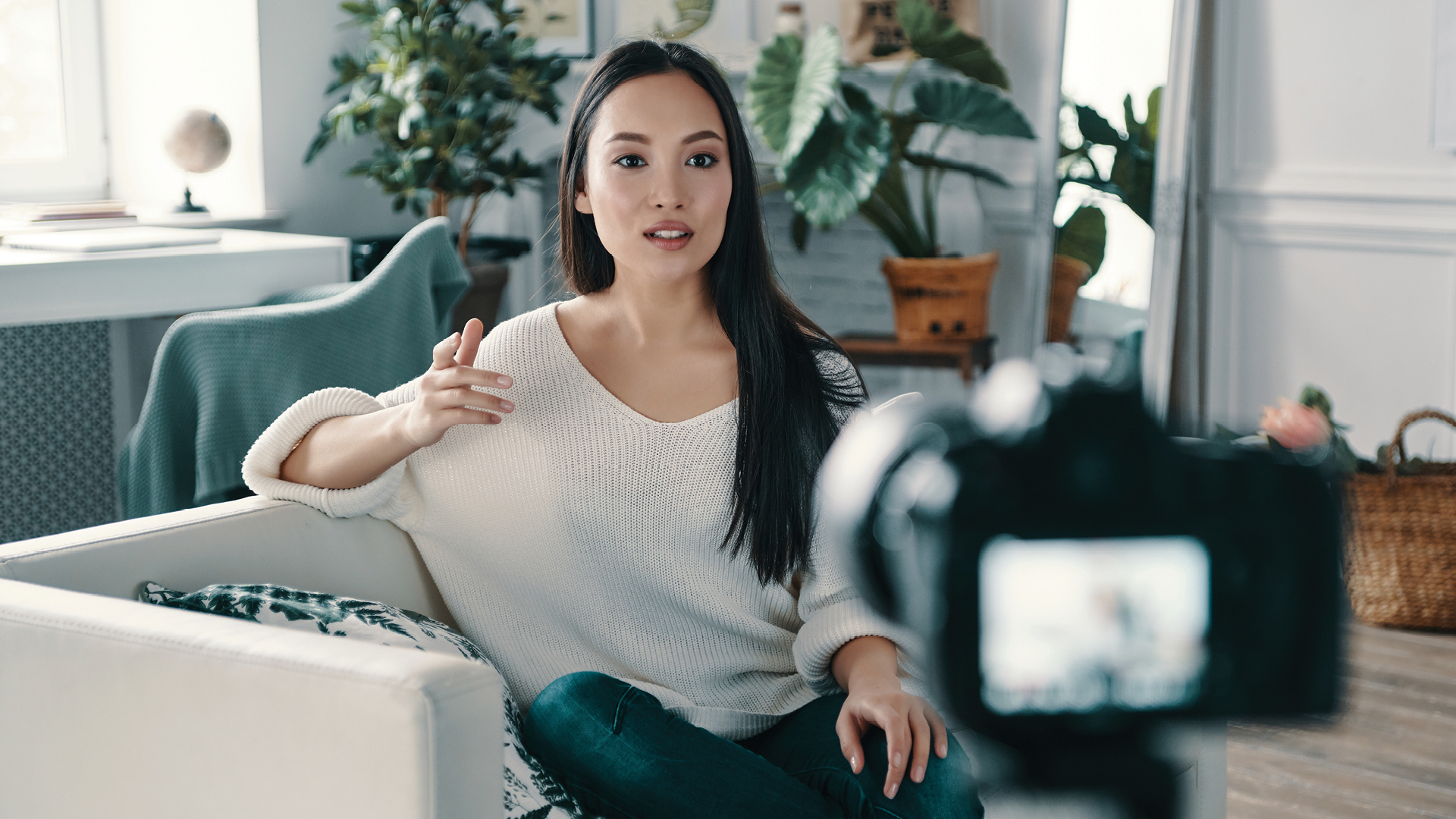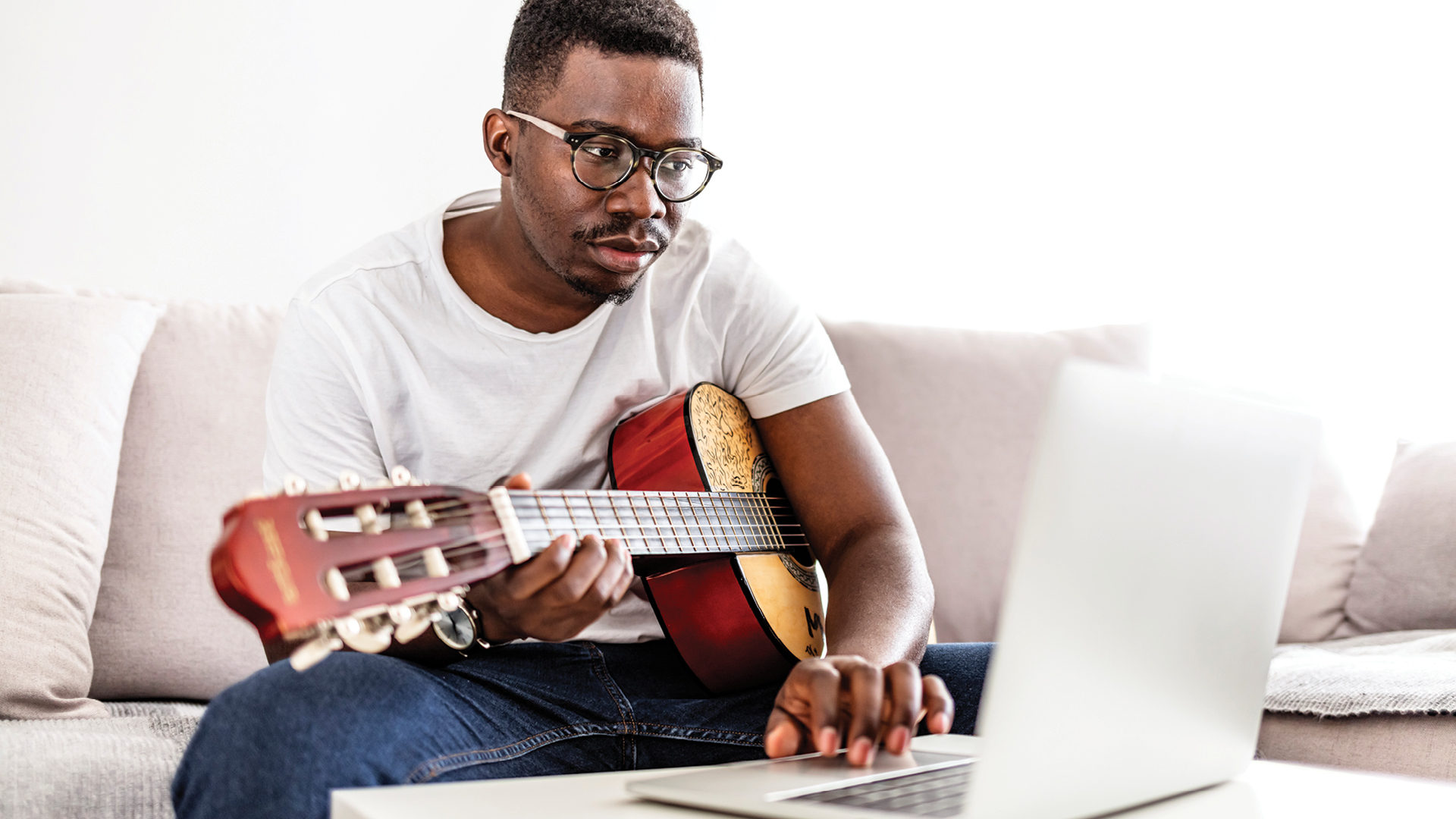by Rachel Stengel '14, '20
Since March 12, Broadway has been dark. The iconic home of the American theater industry has withstood wars, recessions and the 1918 flu pandemic. The seemingly unstoppable nature of COVID-19 has forced the Great White Way to close its doors until May 30, 2021, at least.
Thousands of actors, dancers and crew members suddenly found themselves out of work, joining the tens of millions of unemployed Americans. Broadway ticket sales topped out at just $300 million in 2020 before theaters were forced to close, according to The Broadway League, the national trade association for the Broadway industry. In comparison, during the 2018-19 season, Broadway grossed more than $1.8 billion.
Live theater is just one of the many branches of the entertainment industry that has experienced losses during the pandemic. The Metropolitan Opera's 2020-21 season, canceled. The New York City Ballet's fall season, all digital and free. Rider University's own Westminster Choir took its first hiatus in its 100-year history. Despite the enormous hurdles COVID-19 has placed on entertainment, art hasn't stopped.
The arts, particularly those that involve singing, pose a risk to performers and audience members alike. Singing unmasked and indoors can spread COVID-19, according to a peer-reviewed study from the University of Colorado Boulder. In fact, a choral rehearsal by the Skagit Valley Chorale was classified as one of the nation's first superspreader events; 53 of the 61 members present were diagnosed with COVID-19 or strongly suspected to have contracted it, while two died. The reason for the swift contraction of the virus — microscopic airborne particles known as aerosols, which are prevalent while singing.
“As artists, we are finding unique ways to share music and performance,” says Dr. Lynnel Joy Jenkins ’94, a graduate of Westminster Choir College. Jenkins is the artistic director of Westrick Music Academy, home of the Princeton Girlchoir, Princeton Boychoir and various music education programs. Since March, rehearsals and performances have been virtual.
“The pandemic has actually opened a new door for us because it afforded us the opportunity to offer more classes and work with students more one-on-one,” she says.
Westrick Music Academy has been offering a range of virtual music education opportunities during the pandemic: group piano lessons, a class that explores the vocal improvisation styles of various singers such as Beyonce and Billie Eilish, songwriting, conducting classes and more. Online music software like Soundtrap and JamKazam, which allow musicians and singers to collaborate virtually, has made the experiences possible.
“We are not changing our programming, rather, we are just changing how we execute it,” Jenkins says. “It used to be that we got 300 girls on stage to perform together, which was enjoyable for the girls and the audience. Now, we're trying to innovatively share their beautiful singing virtually.”
As artists, we are finding unique ways to share music and performance.
Technology has been the key to orchestrating rehearsals and performances at Rider. Dance faculty livestreamed technique classes; students used their laptops and AirPods to follow along either at home or on campus in the Student Recreation Center, spaced out on 12-foot dance squares and masked up. Choral ensembles rehearsed virtually, with students using pre-recorded accompaniments to learn their parts and filming themselves singing. Theatre students learned how to self-tape audition material from their own homes. Associate Dean and Professor of Music Education Dr. Frank Abrahams and Westminster Choir College alumnus Ryan John ’13 even authored a supplement to their book, Planning Instruction in Music, providing guidance to teachers for adapting music instruction to an online format.
“While virtual instruction in the performing arts creates challenges, faculty and students have met them as artists do — with creativity and risk-taking,” says David Sullivan, associate dean of the School of Fine and Performing Arts.
The stage moved to Zoom, YouTube and Rider's new student-run online radio station, 107.7 The Bronc Retro. Two radio plays blended old and new, as students focused on voice acting in The Ungodly Hour and It's a Wonderful Life. The Westminster Opera Theatre took virtual performances a step further by using an interactive online tool, allowing the audience to vote on alternative endings during the streaming of Marie Begins.
Students also created original works, including a collaboration between students in the Westminster Chapel Choir with conductor and music educator Dr. André de Quadros and performer Halim Flowers, who was wrongfully incarcerated for 22 years. The team is creating original multimedia works featuring poetry, singing, movement and visual art in response to systemic racism to give voice to those who are marginalized in society.
Industry professionals are learning to adapt as well. In June, actress Melissa Saint-Amand ’14 was back on set filming a commercial after two straight months without work. Nothing about the experience was ordinary.
Following safety protocols issued by Los Angeles County for film and TV production, everyone on set received a coronavirus test and temperature check and wore face masks. A COVID safety officer oversaw all processes to ensure compliance. Saint-Amand brought her own wardrobe, displaying each option to the costume supervisor for approval through a plexiglass screen. She even wore her own foundation to the shoot. Any additional makeup used was applied with a one-time brush and thrown away immediately. Crew members had their own isolation booths, while actors stood 6 feet apart. Cameras created optical illusions to make the actors appear closer together on film.
“The industry has really figured out ways to get back to work,” Saint-Amand says. “People are determined to keep shows running and are doing everything they can to make sure people are safe.”
In early March, Saint-Amand hit the month-and-a-half mark of auditioning for pilot season in L.A., even commenting to a casting director “you'll be seeing more of me” after a particularly strong audition. The next week, she was on a plane back home to Georgia, many of the pilots she read for left on hold.
“There have been a few times where shows thought they could start filming in the first few months of the pandemic,” she says. “You're in limbo because you never know if the show is going to be delayed again, canceled or if you even got the part. There are parts I've been waiting more than four months to hear about.”
Since 2018, Saint-Amand has had the recurring role of Jade on the Netflix series Ozark. Working alongside the big names of Jason Bateman and Laura Linney on an Emmy-winning show feels like winning the lottery, she says.
Ozark chronicles the Byrde family as they relocate to the Ozarks in Missouri to continue a money-laundering scheme for a Mexican drug cartel. The dark, often violent, crime drama shoots in Georgia, a hotbed for film and TV production. The Georgia Department of Economic Development credits film and television productions for bringing $9.5 billion to the state in 2018. Productions have gotten off the ground again, but with a litany of guidelines in place to reduce the spread of COVID-19 by the state of Georgia.
The pandemic has opened doors for performers in other ways, Saint-Amand says. Casting is now exclusively through Zoom and via submitted taped auditions. The difficulty lies in the actual taping process though as actors must have their filmed auditions feel authentic. Saint-Amand and four of her friends who are also in the business, quarantined together for two weeks to help one another tape for roles. She sees casting agents continuing to embrace online auditions and workshops.
“I've done workshops with casting directors in London and all over the world,” she says. “These people seemed so distant before. Now, you can hop on a Zoom class with them. It's opened their eyes to the diversity of people and talent that's out there.”
No one is sure when crowds will gather in a packed theater with the house lights down, waiting for the curtain to open again. For Jenkins, that's OK.
“We have to rely on science to guide us. Science determined that we should pause in-person rehearsals and that didn't break us,” she says. “Science provides guidance on whether to wear masks when singing, how far apart choristers should be, what type of airflow is needed and how long we should rehearse. We also look to local universities to see how they are conducting their rehearsals for guidance.”
Saint-Amand is steadfast in her belief that the entertainment industry has a wealth of opportunities for performers no matter the circumstances.
“There are so many streaming platforms. People can make their own web series on YouTube and a casting director or producer may see it and turn it into a TV show,” she says. “There is such a need for actors and storytellers and all this technology has made telling those stories more accessible than ever before.”


